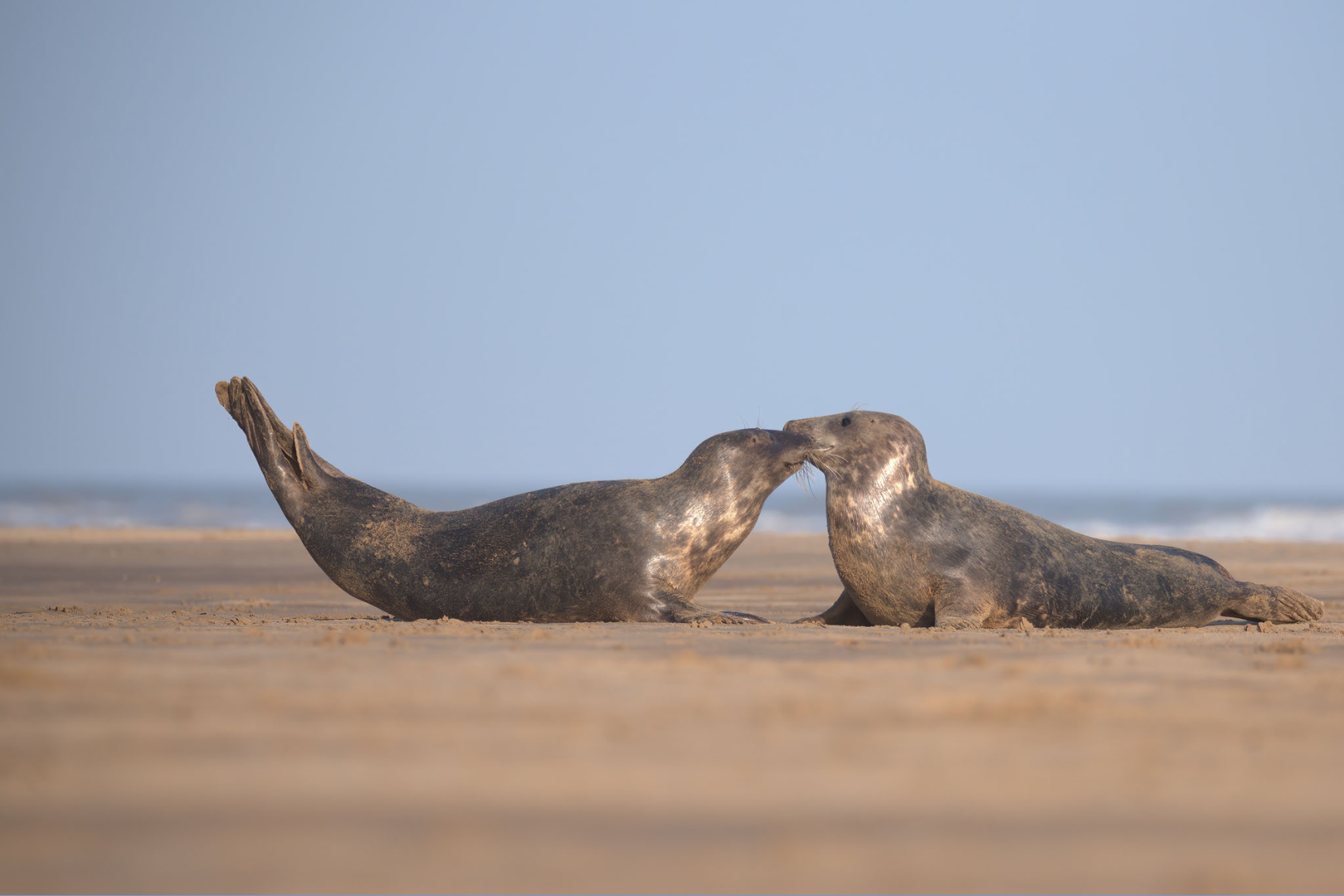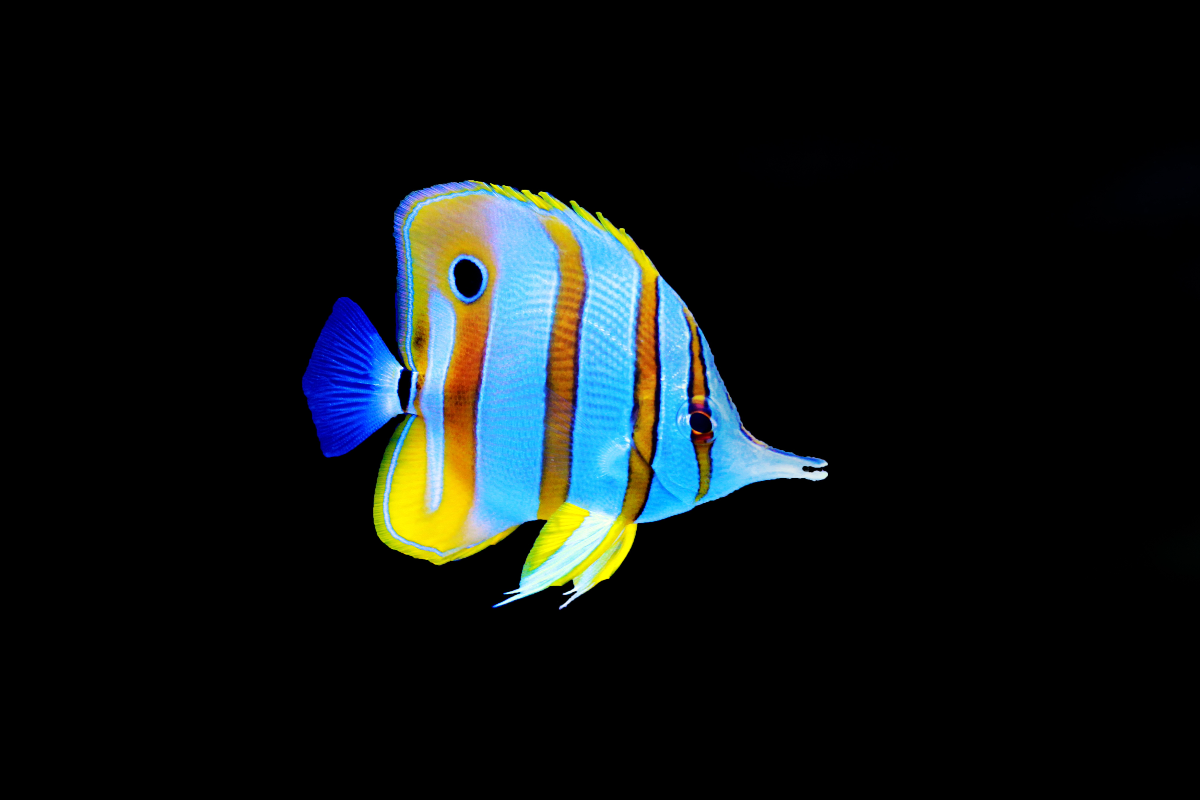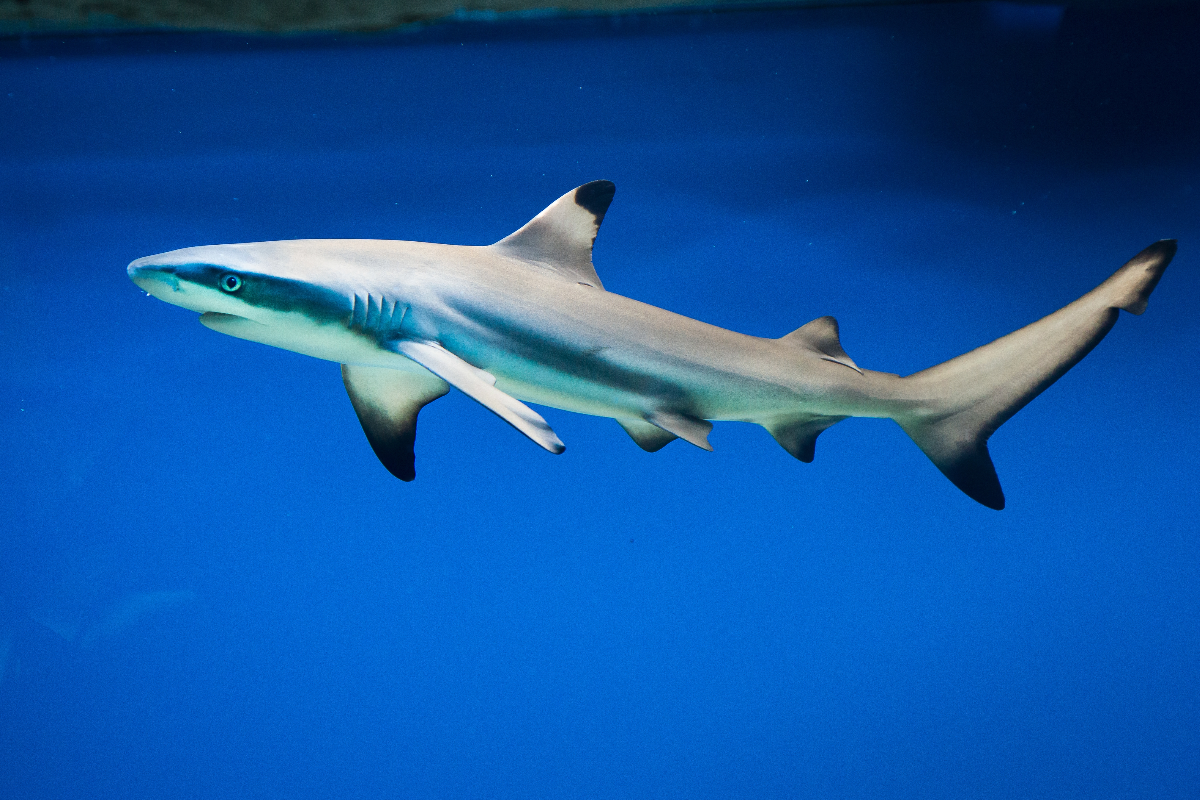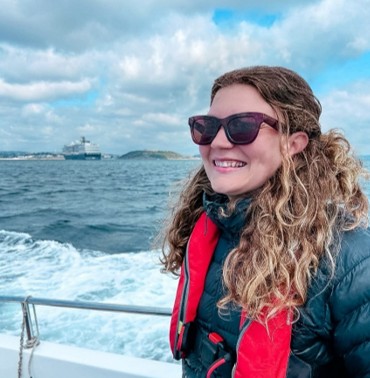
If you continue browsing this website, you agree to our policies:
x
Section outline
-



-
Courses Starting September 2025
-
You might already have many of the items listed, but please make sure to click the link above to check the Equipment List for the BSc (Hons) Applied Marine Zoology program.
-
This link will take you to the download page for QGIS if you want to download in preparation for your course. Choose the right download package for your laptop (Microsoft or Mac).

-
The Natural History Book Store, also known as NHBS, specialises in books and equipment related to wildlife, ecology, and conservation. They offer over 135,000 books covering various aspects of natural history, along with a comprehensive range of wildlife survey equipment, nest boxes, and habitat management tools.
-
Fancy getting a head start on your stats? Try the 'Coding Club' using the link above. It has free tutorials on stats and using the stats program 'R'.
-
Ocean literacy is at the core of your first year module 'Our Ocean Planet'. Learn about the seven principles here using the link above.
-
Ocean Exploration Trust explores the ocean, seeking out new discoveries while pushing the boundaries of technological innovation, education, and outreach. Founded in 2007 by Titanic discoverer Dr. Robert Ballard, our international expeditions launched from aboard Exploration Vessel Nautilus center scientific exploration of the seafloor, collaborating with the broad scientific and local communities, and engaging curious minds worldwide via interactive live streaming deep sea exploration and education programs.
-
Join Cornwall Wildlife Trust's Marine Team as they explore the amazing marine life around the coastline, bringing nature in to your home.
-
Watch all episodes of the Blue Planet 2. In recent years, our knowledge of life beneath the waves has been transformed. Using cutting-edge technology in this extended special, we celebrate the highlights from the series. From the intense heat of the tropics to our planet's frozen poles, through to its unexplored depths, we reveal new worlds and extraordinary never-seen-before animal behaviours.
Please note: A BBC iPlayer account is required.
-
Filled with stories of people living out their soul's calling, the So You Want to be a Marine Biologist podcast is your go-to resource for exploring the connection between humans, the land and the high seas. If you've dreamed of journeying the ocean's depths, wondered where your food comes from, or thought about how it all fits together, this podcast is for you. This show dive into science, conservation and living in connection with our blue planet.
Please note: An Apple acccount is required.
-
Marine Mammal Science is a podcast covering some of the latest scientific research on marine mammals - whales and dolphins, polar bears, seals and seal lions, mantees and dugongs, and sea otters. The podcast is produced by Absolutley SMashing Events and Consulting on behalf of the Society for Marine Mammalogy and the journal Marine Mammal Science.
Please note: An Apple acccount is required.
-
The Marine Conservation Happy Hour Podcast looks at the many different sides of Conservation Science (marine, environmental, animal and human) in an informal setting, during a pub Happy Hour, chatting casually over a few drinks.
-
Please take a moment to explore the various field trips that students have enjoyed participating in.


